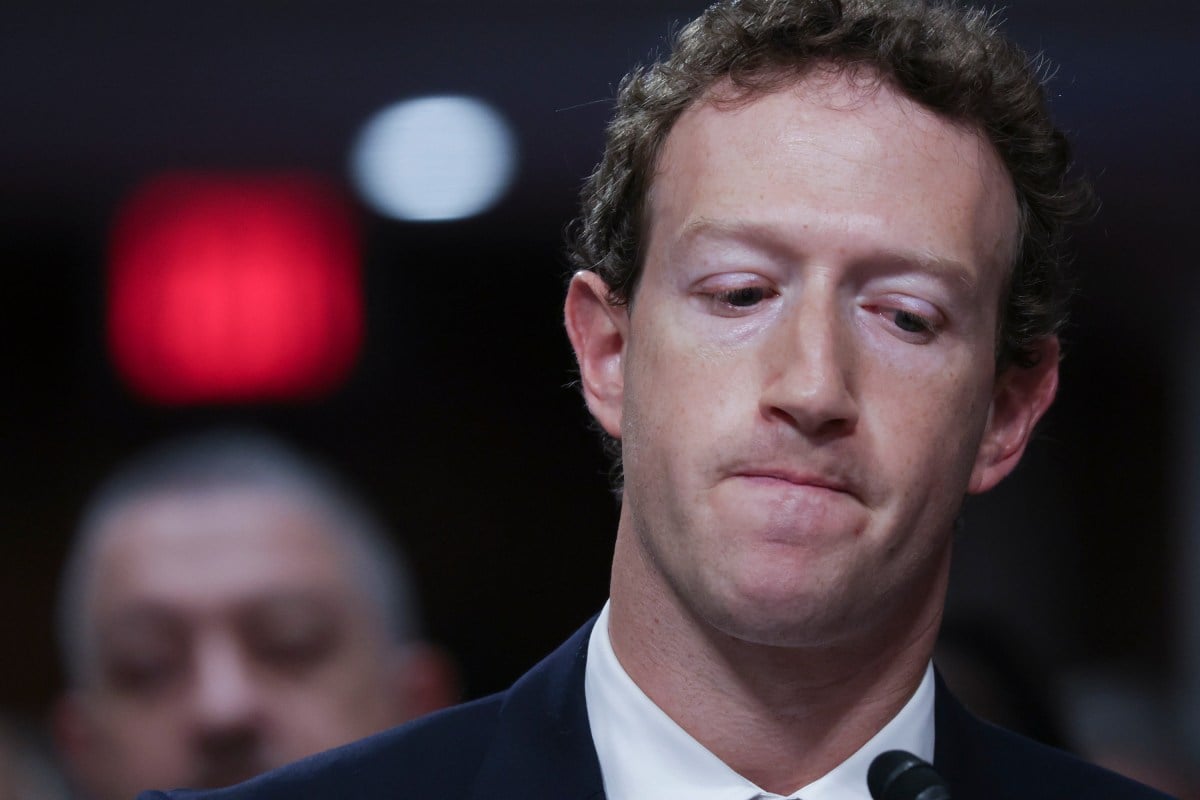Meta tried to gain a competitive advantage over its competitors, including Snapchat and later Amazon and YouTube, by analyzing the network traffic of how its users were interacting with Meta’s competitors. Given these apps’ use of encryption, Facebook needed to develop special technology to get around it.
Facebook’s engineers solution was to use Onavo, a VPN-like service that Facebook acquired in 2013. In 2019, Facebook shut down Onavo after a TechCrunch investigation revealed that Facebook had been secretly paying teenagers to use Onavo so the company could access all of their web activity.
After Zuckerberg’s email, the Onavo team took on the project and a month later proposed a solution: so-called kits that can be installed on iOS and Android that intercept traffic for specific subdomains, “allowing us to read what would otherwise be encrypted traffic so we can measure in-app usage,” read an email from July 2016. “This is a ‘man-in-the-middle’ approach.”
A man-in-the-middle attack — nowadays also called adversary-in-the-middle — is an attack where hackers intercept internet traffic flowing from one device to another over a network. When the network traffic is unencrypted, this type of attack allows the hackers to read the data inside, such as usernames, passwords, and other in-app activity.



I definitely see why this would be illegal, but how would the DMCA apply?
It’s illegal to bypass encryption for the purpose of breaking DRM, which is what the app specifically does with Snapchats DRM.
https://www.dmlp.org/legal-guide/circumventing-copyright-controls
That would be if they downloaded the uploaded Snapchats. This takes out web traffic, aka which “locations” your device visited, which 1. isn’t protected by copyright since it’s not a work 2. hasn’t been to Snapchat’s encryption yet. That time Bethesda accidentally shipped a DRM-free version of doom along with the main version, I don’t think opening the DRM-free one would count as circumventing.
The relevant laws here should be about privacy and hacking.
Why did you ask if you already had your answer then? The DMCA has no carve outs.
Because you may have seen some angle I didn’t anticipate.
Not sure what you mean about carveouts.
There’s no exceptions for fair use, if you break the encryption at all then you’re in violation of the DMCA.
deleted by creator
Note that IANAL.
The DMCA is also not specific to the method. Bypassing encryption is legally the same as breaking it.
Is there a case law that you know about that supports this? I ask, sincerely, because every one that I know of that deals with dmca was a copyright case. Wiretap act or section 5 of the FTC act, sure, but dmca?
Hmm, I’ll take your word for that, but this data is still not covered by the DMCA.